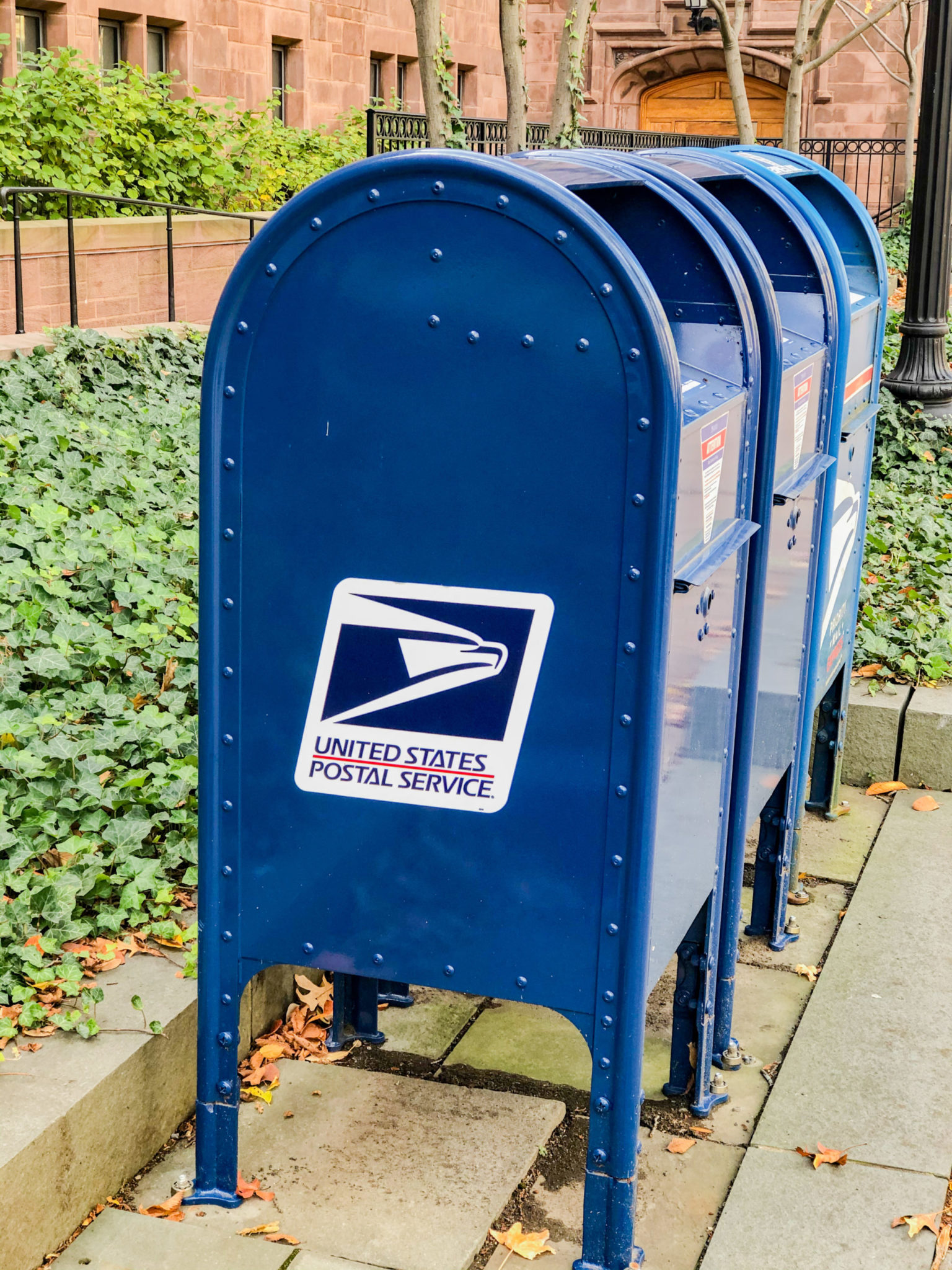
Jessie Cheung, Contributing Photographer
“If you don’t vote, you can’t complain.” That familiar phrase, wrapped in a matter-of-fact smugness, has slowly faded from mainstream liberal discourse over the past couple decades, with four years of Donald Trump only accelerating the trend. Supplanting it has been a more zealous judgment, reflective of the increasingly dark times we live in: “If you don’t vote, you’re a bad person.” Since this election has such transparently high stakes, the argument goes, non-voting is demonstrative of an apathy that could only be borne of privilege or ignorance. There’s subsequently been a lot of animosity directed toward non-voters in the lead up to Nov. 3.
But for decades now, non-voters have represented a plurality of eligible voters in every major election. Every time Election Day rolls around, instead of checking a box for the blue team or the red team, millions of Americans simply abstain from casting a ballot. Are all these people deserving of our scorn?
The answer should be no. Yet we nevertheless witness our pundits and peers relentlessly shaming those who do not vote, their choice treated like a cardinal sin. Naive moralism at best and blatant virtue signaling at worst, this type of condescension rarely persuades and, in the case of non-voting, usually obfuscates the real reasons behind the phenomenon. It emphasizes the ethical culpability of individual actors rather than the moral-political failings of the system that gives rise to the actions — or inactions — in question. What is necessary, then, is a reconsideration of our attitudes toward the many Americans who do not vote.
Non-voters are, by and large, poor and working class people, a disproportionate number of them racial minorities. Not only is voting made significantly more difficult for them due to structural inequities, but their political interests have seen scant representation over the last half-century. Starting in the 1970s, the Democratic Party began to decouple itself from organized labor and gradually transform its concern for underprivileged Americans into mere performance. It embraced a shallow notion of diversity while orienting itself toward an ascendant educated labor force, a gamble that paid off as more money flowed into politics in the following decades. Today, it is the party of coastal elites, eschewing working class radicalism in favor of neoliberal dogma, all legitimized by a tepid social liberalism.
This isn’t to say we ought to instead revere the Republicans, who are even more unambiguous in their disdain for the downtrodden. It is to point out that American politics has devolved into a contest among the upper class — capital and the super wealthy on the one side and affluent professional labor on the other.
Neither party cares much about the day-to-day struggles of average Americans, about scrimping to make rent or ensuring there’s enough gas money for the week to get to work and take the kids to school. The policy proposals supposedly meant to uplift the economically disadvantaged trend towards laughable inadequacy or insincere lip service.
The decision to not vote isn’t made out of ignorance or privilege. No, non-voters don’t vote because election outcomes simply do not result in substantive changes to their lives. They certainly have political opinions. Deeply held ones, even. Non-voters can ardently explain why Trump’s tweets are idiotic, why Biden is uninspiring or why their mayor is a do-nothing loser. But contemporary American democracy as it exists in the public imagination has almost no impact on their socioeconomic position. To them, it’s about casting a vote and then observing nothing change, hallowed participation in an empty ritual. To quote an article from “American Compass,” “[Non-voters] have strong views, and they might get emotionally involved for a bit, but they know their place is to watch. They are spectators of a sport that doesn’t involve them, or care about them.” Theirs is a justified cynicism. Non-voters are understandably disaffected, alienated from a system that willfully ignores their suffering and then shames them for not wanting to participate in it.
Consequently, anyone who is sincere about mobilizing non-voters to get to the polls should focus less on pointed prodding and more on ensuring candidates and policy platforms speak to their material interests. Get-out-the-vote campaigns, no matter how well-managed, will not solve the root of the problem, never mind the verbal denigration of non-voters on Twitter. Rather than blaming non-voters for a narrowly lost swing state, we should instead concentrate on policies and organizing that will actually bring them into the fold.
Political agency will not emerge from within the system as it currently exists. The only thing that will spark the voting and broader political involvement of the non-voting masses is a real movement seeking to abolish the present state of things, one that centers the material betterment of marginalized peoples.
NORA MOREAU is a senior in Pierson College. Contact her at ian.moreau@yale.edu.






